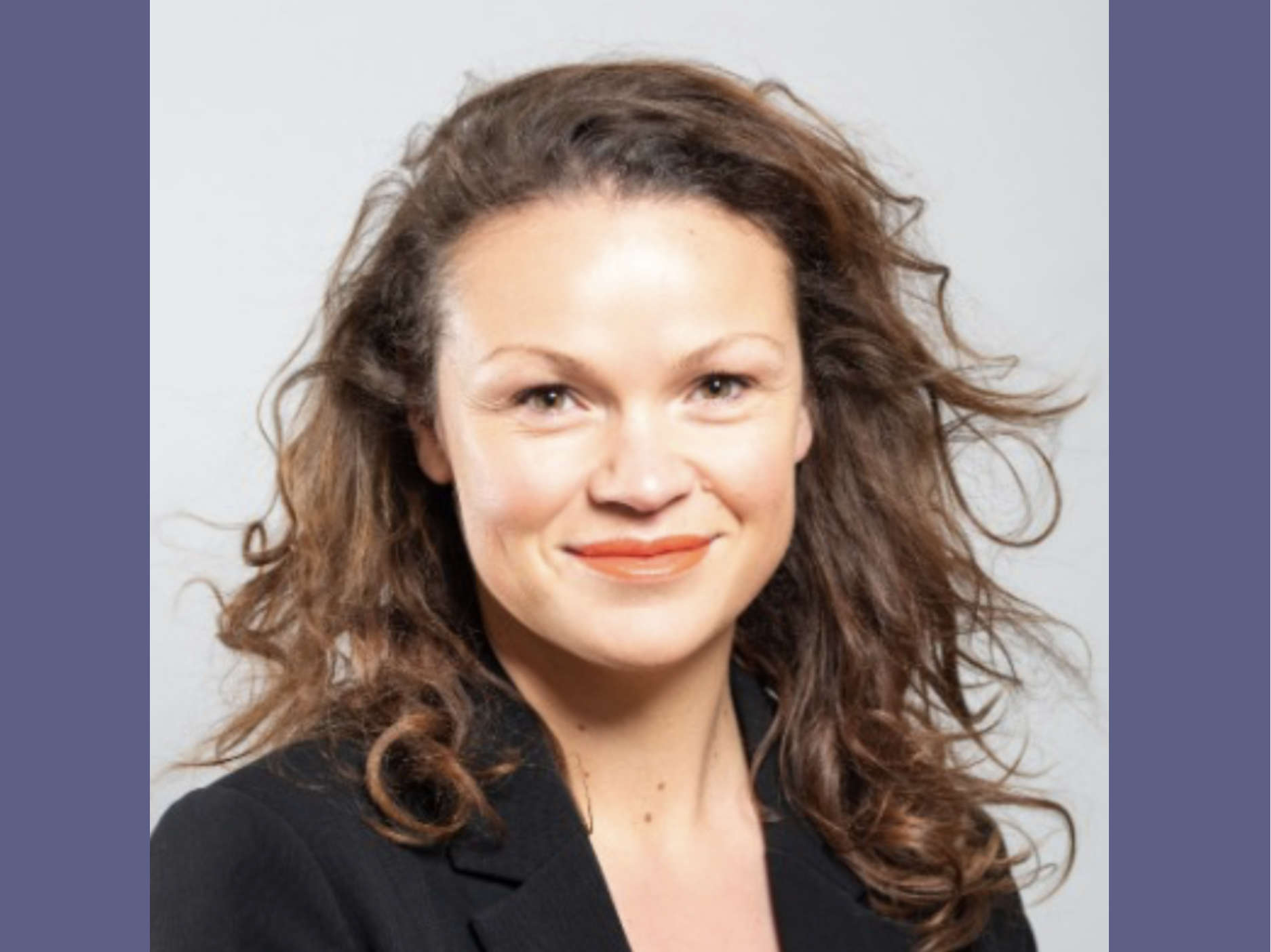
Brighton and Hove City Council has voted to scrap almost all committees and for most decisions to be made by members of a cabinet – a small team of Labour councillors from May.
The decision was made at a meeting of the full council at Hove Town Hall last night (Thursday 28 March) with Labour in favour and the Greens and Conservatives against.
The two opposition parties urged Labour to put the change to a public vote in a referendum, in part because the change was not in Labour’s local election manifesto last year.
Opposition councillors also asked for a comprehensive communications plan to explain the changes including how they would affect decision-making but Labour voted down the request by 34 votes to 11.
The Green opposition leader Steve Davis said that the move to a cabinet system would “disenfranchise vast swathes of residents and community groups” and backbench Labour members.
He said:
“This is a Labour group in a position of marking their own homework. Be wary of those who seek only power.”
Conservative leader Alistair McNair asked about openness and said:
“What features of a cabinet system make it more democratic and transparent than the current one?
“In the cabinet system, everything will be decided in advance. There will be nice cosy discussions of items already agreed to behind closed doors.”
Brighton and Hove Independent councillor Mark Earthey said that he had not noticed anything wrong with the current committee set up but abstained from the vote.
Councillor Earthey called for scrutiny along the lines of the bipartisan United States Senate oversight committee rather than the current proposal to organise them based on political proportionality.
The council brought in cabinet decision-making before but ditched it in 2012. Only four councillors from that time are still serving – Anne Meadows, Alan Robins, Carol Theobald and Pete West.
Councillor Meadows said that the cabinet system was undemocratic for the council and the public.
The Conservative councillor said:
“(In committees) decisions can be changed or tweaked to ensure better results. In the cabinet, the decisions will be made behind closed doors.
“We are told cabinet meetings will be in public but what they don’t tell you is half the information will be in public. The information that informs the decision is closed to you and I.”
She was also concerned that members of the public who did not agree with the leadership would not be permitted to attend meetings.
Councillor West said:
“I don’t buy this idea that the committee system is somehow inefficient unless by inefficient you mean open to discussion, challenge and representation of communities when decisions are taken.
“Cabinet systems aren’t more efficient, they’re less democratic and less likely to deliver sound decisions.”
Councillor Robins said that when the council moved from cabinet to committee 12 years ago, former councillors – Labour’s Gill Mitchell and the Greens’ Bill Randall – said that they hoped that the successes of the scrutiny system would continue.
He said:
“I have heard the Greens say many times they want to be more involved. Here’s your chance.
“Embrace the scrutiny process and help guide and steer the decision-making instead of sitting on the sidelines poking your tongue out in a turquoise alliance with the Conservatives.”
Labour council leader Bella Sankey said claims that that Labour was “disenfranchising” voters or behaving like oligarchs were “dangerous dirty lies”.
She said:
“As leader of the council, I spend every day – and many evenings too – meeting residents, listening to feedback, hosting surgeries, answering questions, being grilled by anyone and everyone as to our priorities, our policies and our vision for this city.
“I could not spend more time listening, being available, accessible and accountable – and indeed we are currently consulting on how we might expand public engagement and the visibility of our decision-makers.”
Councillor Sankey said that the cabinet system was the most common form of local government structure in the country.
The council plans to hold cabinet meetings monthly, with a forward plan of the business up for discussion published a month in advance.
Two committees – a “People Overview and Scrutiny Committee” and a “Place Overview and Scrutiny Committee” – would be able to review decisions.
Some committees will remain such as the Planning Committee, Licensing Committee, Audit and Standards Committee and the Health and Wellbeing Board. The council also plans to retain housing management panels.
The council has started a survey on public engagement which is open until Sunday, April 21 on the Your Voice section of the council’s website.
It asks for views about ideas such as a question time, meet the cabinet events, citizen assemblies and other forums.
The scrapping of policy committees will require a number of teams of officials to be reorganised including the democratic services team. This is expected to cost £80,000 and will be funded by leaving several posts vacant.


 Man Admits To Damaging Cars In Bognor
Man Admits To Damaging Cars In Bognor
 Two Men Arrested In Connection With Brighton Rape
Two Men Arrested In Connection With Brighton Rape
 Appeal Following Assault In Horsham Shop
Appeal Following Assault In Horsham Shop
 Appeal After Arson At Gym In Burgess Hill
Appeal After Arson At Gym In Burgess Hill
 Two Men Sought In Connection With Brighton Rape
Two Men Sought In Connection With Brighton Rape
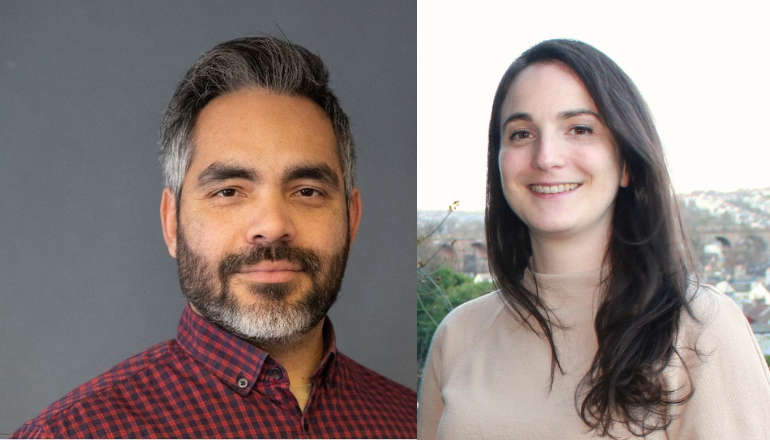 Councillors Support Baby Box Partnership With Charities
Councillors Support Baby Box Partnership With Charities
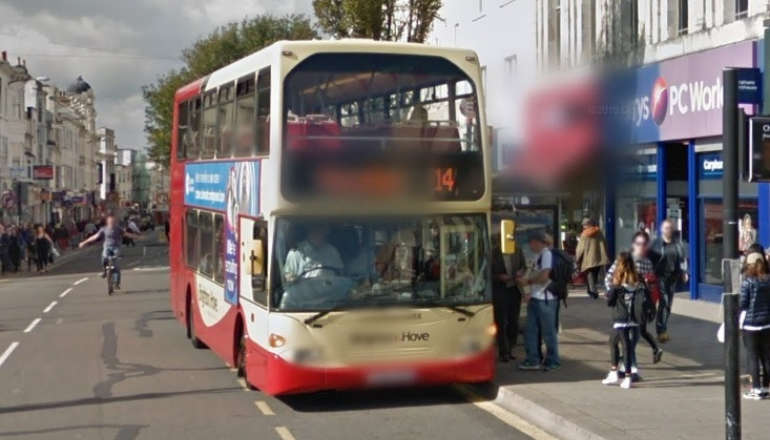 Brighton And Hove Bus Fare Cap Bid Foiled By Cost
Brighton And Hove Bus Fare Cap Bid Foiled By Cost
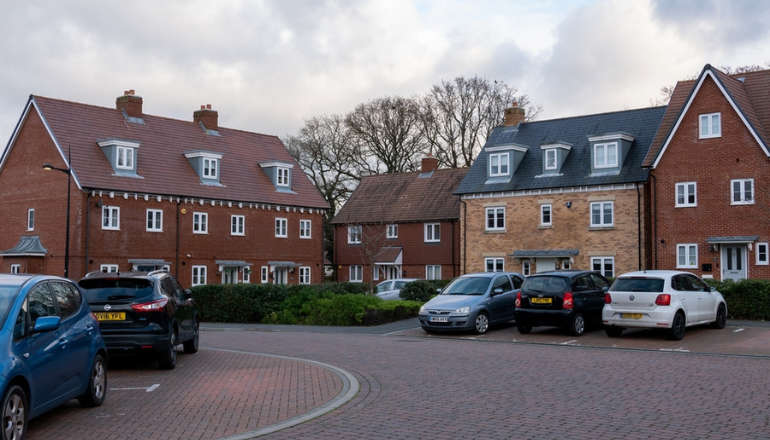 New Medical Centre Scoping Exercise Agreed By Wealden Council
New Medical Centre Scoping Exercise Agreed By Wealden Council
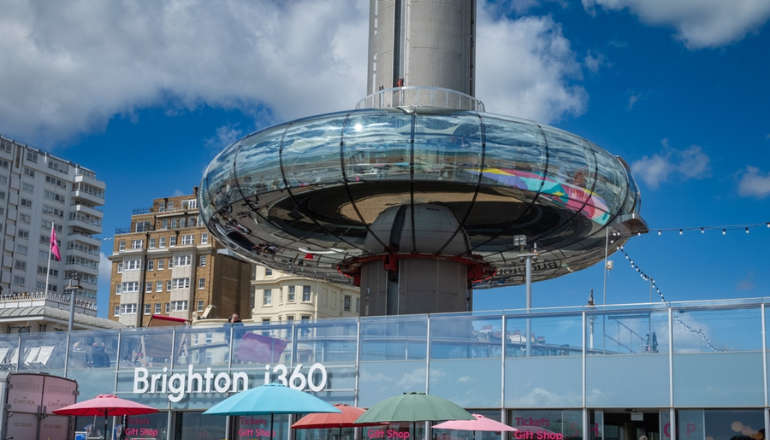 'Out Of This World' Ideas Put Forward For Future Of Brighton i360
'Out Of This World' Ideas Put Forward For Future Of Brighton i360
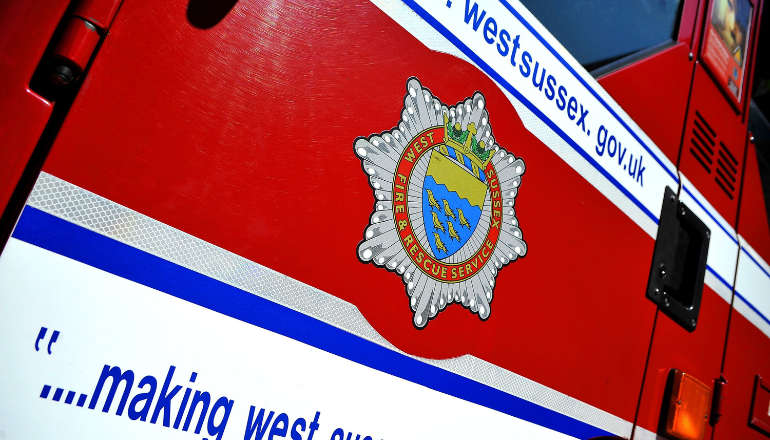 New Fire Engines For West Sussex
New Fire Engines For West Sussex